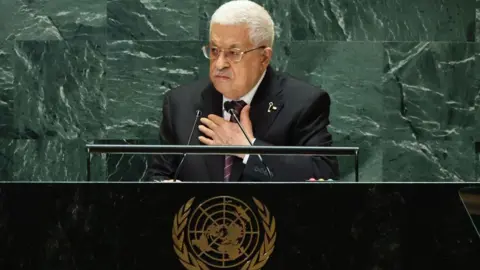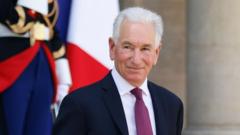The State Department revealed that the withdrawal will be effective at the end of the following year, with spokesperson Tammy Bruce asserting that ongoing U.S. involvement in UNESCO does not align with national interests. She criticized the organization for allegedly promoting divisive causes and holding a disproportionate focus on the U.N.'s Sustainable Development Goals, which she contended conflicts with the America First doctrine.
This announcement follows a history marked by turbulent relations between the U.S. and UNESCO, which has its headquarters in Paris. The U.S. first withdrew under Trump in 2017 due to claims of anti-Israel bias and rejoined in 2023 under President Biden, who argued that American absence left a void exploited by other nations, particularly China.
UNESCO plays a key role in designating World Heritage sites and promoting essential educational programs worldwide, emphasizing literacy, gender equality, and sustainability initiatives. The organization has faced funding crises in the past, particularly after the U.S. cut off finances in 2011 when it recognized Palestine as a member state.
As the withdrawal unfolds, the impacts on both U.S. cultural engagement and international cooperation in sustainability may be significant, given UNESCO’s influence on global standards and initiatives.
This announcement follows a history marked by turbulent relations between the U.S. and UNESCO, which has its headquarters in Paris. The U.S. first withdrew under Trump in 2017 due to claims of anti-Israel bias and rejoined in 2023 under President Biden, who argued that American absence left a void exploited by other nations, particularly China.
UNESCO plays a key role in designating World Heritage sites and promoting essential educational programs worldwide, emphasizing literacy, gender equality, and sustainability initiatives. The organization has faced funding crises in the past, particularly after the U.S. cut off finances in 2011 when it recognized Palestine as a member state.
As the withdrawal unfolds, the impacts on both U.S. cultural engagement and international cooperation in sustainability may be significant, given UNESCO’s influence on global standards and initiatives.


















